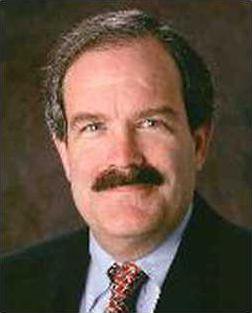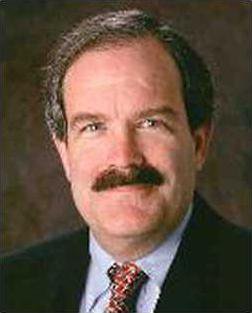There are many members of the Legislature who work hard and try to represent the best interests of their constituents back home.
They run for office thinking they will be allowed to make informed decisions about which bills to pass and which bills to defeat.
They don’t know they will come to the capitol merely to carry out the orders of the governor and the leadership of the House and Senate.
Year after year, you see the leadership resolve important issues by waiting until the final hours and then ramming a bill through to passage. Exhausted lawmakers get these bills late at night and are ordered to vote without having enough time to read what’s before them.
This year, legislators were pressured to cast late-night votes on a huge transportation tax increase and a lucrative tax giveaway for Mercedes-Benz.
The Mercedes tax break wasn’t introduced as a bill and did not go through the normal committee review process. The measure was cooked up by the governor’s lawyers, added to an unrelated bill, and presented to lawmakers less than two hours before the session’s adjournment.
The transportation tax bill at least was introduced and reviewed in committee meetings, but the final version included some provisions that legislators did not see until the bill was put before them late at night for a final vote.
It is bad enough that lawmakers are not given enough time to read the bills they vote on. Even more galling is the way the leadership casually breaks its own rules to secure final passage of the measures.
This was glaringly evident on the last night of the session when the Mercedes tax break was presented to legislators.
The Senate voted this year to adopt a rule that senators must be given two hours to read the conference committee report — the final version of a bill — before they vote on it. The rule change was implemented so that senators would have a chance to actually know what was in the bill they were considering.
The conference committee report with the Mercedes tax break was distributed a few minutes after 10 p.m. Under the rule requiring a two-hour reading period, senators would not be able to vote on it until after midnight — the time at which the session was scheduled to adjourn.
Supporters of the tax break asked the Senate to suspend its rule on the two-hour reading period so that the bill could be voted on prior to midnight.
Senate rules require that it takes a two-thirds vote to suspend the time limit. Lt. Gov. Casey Cagle twice called for votes to suspend the two-hour rule. Both votes fell short of the required two-thirds majority.
After the second vote to suspend the rule failed, Cagle simply ignored the vote and allowed Sen. Bruce Thompson (R-White) to start debate on the bill several minutes before the end of the two-hour review period.
By this time, the chamber was filled to bursting with legislative aides, senators’ family members, and other visitors who had crowded in to celebrate the end of the session. Senators shouted questions at Thompson and Cagle about the bill, but amid the noise it was almost impossible to hear them.
Several senators objected to the tax break being brought to them in the final minutes of the session. Sen. Josh McKoon (R-Columbus) also protested the Senate’s failure to follow its own rule about reading a conference committee report.
At one point, Sen. Mike Crane (R-Newnan) moved that the Senate adjourn, since it was now 12 o’clock.
“I’m not going to recognize you for that motion,” Cagle said.
It was several minutes after midnight — when the session’s final day had already ended — before senators cast their votes. They approved the tax break by a 33-22 margin in an atmosphere of total chaos and confusion. The House also voted late to pass the bill, but they at least did it by the 12 midnight deadline.
This is the sort of thing that happens every year at the end of the session.
The brutal process is unfair to the legislators. It is also an insult to the voters who choose which people they send to Atlanta. The lawmakers and their constituents deserve better than this.
Tom Crawford is editor of The Georgia Report, an internet news service at gareport.com that reports on state government and politics. He can be reached at tcrawford@gareport.com.








